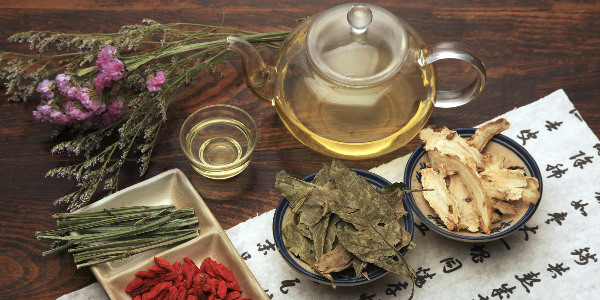Traditional Chinese Medicine: The benefits, risks and will insurance cover it?
Commonly shortened to TCM, Traditional Chinese Medicine encompasses a wide range of traditional practices that have existed and been developed in China for more than 5,000 years. Based on the philosophy of Taoism, it views the human body differently to Western medicine practices and aims to achieve harmony and balance while promoting moderation and prevention.
The most common and widely known TCM therapies include acupuncture and traditional herbal medicines, while other features include mind-body, dietary, and massage therapies. While the West believe research into TCM’s effectiveness is generally inconclusive, many generations of people in Asia have grown up with it as their main source of healthcare and believe in its healing practices.
In Singapore, you can find TCM practitioners to treat a range of injuries, illnesses or for general health and wellbeing maintenance. We’ll be going through some basics of TCM for those of you new to Traditional Chinese Medicine, or if you’ve simply got questions about whether TCM might be covered by your insurance.
What is Traditional Chinese Medicine?
In Singapore, the Traditional Chinese Medicine Practitioners Act requires that all TCM practitioners be registered and must hold a valid practicing certificate. TCM itself has four key principles:
- Your body is an integrated whole
- You are completely connected to nature
- You were born with a natural self-healing ability
- Prevention is the best cure
Its practices include acupuncture, herbal medicines, moxibustion, tui na, Qigong, and other therapies including cupping, gua sha, die-da and Chinese food therapy. For more information on what these practices entail, take a look at our main site’s page on Traditional Chinese Medicine in Singapore.
Benefits of TCM
One of the biggest draws of TCM for many people is that it is all natural. Medicine uses natural, unprocessed plants and herbs such as ginseng, mushrooms and ginko, to various other materials such as deer velvet, dried snakes and human placenta. People concerned about the processed chemicals of Western medicine may find comfort in TCM’s use of traditional raw ingredients for medicinal use.
Traditional Chinese Medicine also has a more holistic approach to healing with its four key principles guiding that treating more than symptoms is important for wellbeing. It’s not uncommon for a TCM practitioner to give both symptomatic attention through acupuncture therapy, some dietary advice, and some herbal medicine in order to treat the whole body and not just your ailment.
Risks of TCM
Of course, the effectiveness of Traditional Chinese Medicine is still largely contested in a Western academic sense. The current state of research mostly focuses on specific types of treatments such as acupuncture, Qigong and moxibustion, but never on the whole system of TCM. For traditional medicines, many countries in the West will classify Chinese-derived medicines as “dietary supplements” to separate their recognition from Western medicine.
Countries like Singapore have strong regulatory bodies set up in order to provide certification for practitioners, granting those seeking Traditional Chinese Medicine practices a bit more confidence in who they trust with their health. This is a positive for both patients and practitioners as it allows those with safe practices to continue to heal their clients, whilst maintaining their integrity as professionals.
Recently, a Straits Times article issued a warning about the dangers of using traditional medicines and cures from potentially unregistered TCM practitioners. The article included a story of a Singaporean retiree and his daughter hospitalised with drug-induced liver injury. The pair had taken Snake Powder Capsules to treat skin problems and generally increase health.
Choosing a TCM approach: Will my insurance cover it?
Insurance generally focuses on Western approaches to medicine, however many insurers have policies that will cover Traditional Chinese Medicine practices. As insurance brokers, we can’t give you medical advice on which type of treatment might be best – that’s a decision you will have to make for yourself.
What Pacific Prime Singapore can do, however, is provide you with insurance solutions that will allow you to have either Western or TCM treatment options available to you should you choose it. If you’re unsure if your current policy covers Traditional Chinese Medicine or you’re looking for a policy that can, don’t hesitate to call our expert advisors today!
- Your Guide to Singapore Work Permits, S Pass, and Employment Pass (Updated 2024) - March 18, 2024
- Dermatological Care and Your Private Health Insurance in Singapore - December 1, 2023
- Thalassemia in Singapore: Everything You Need to Know - November 10, 2023






Comments
Comments for this post are closed.